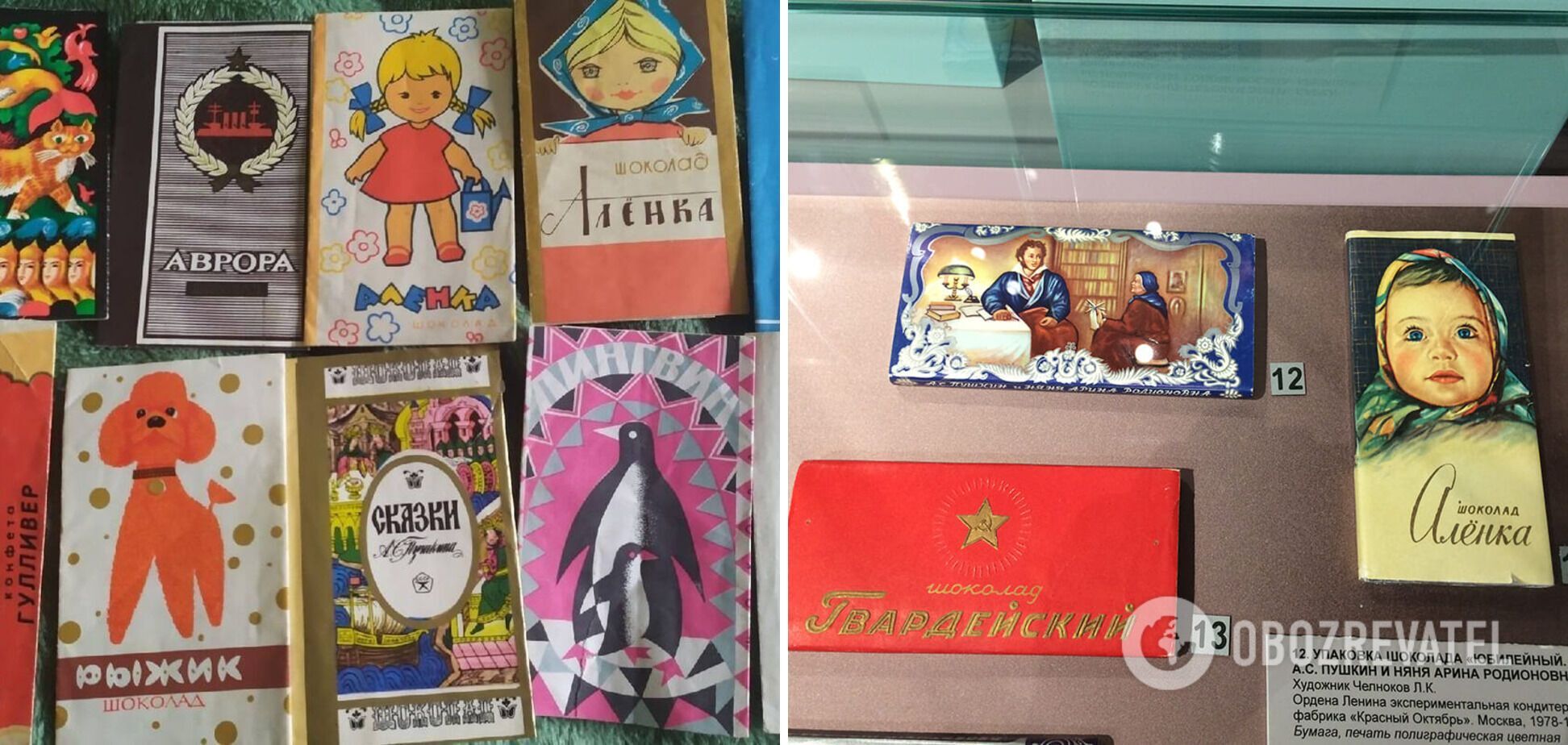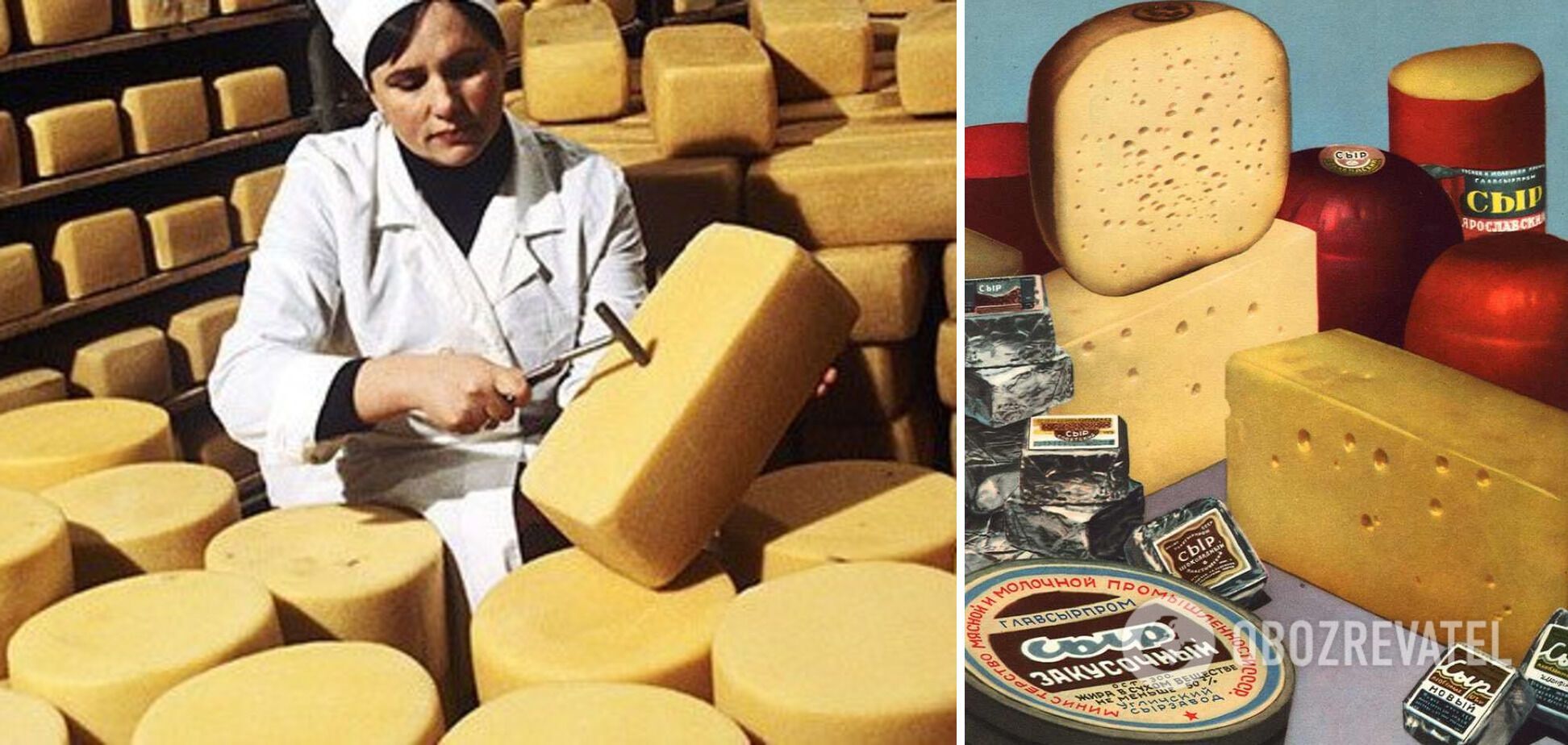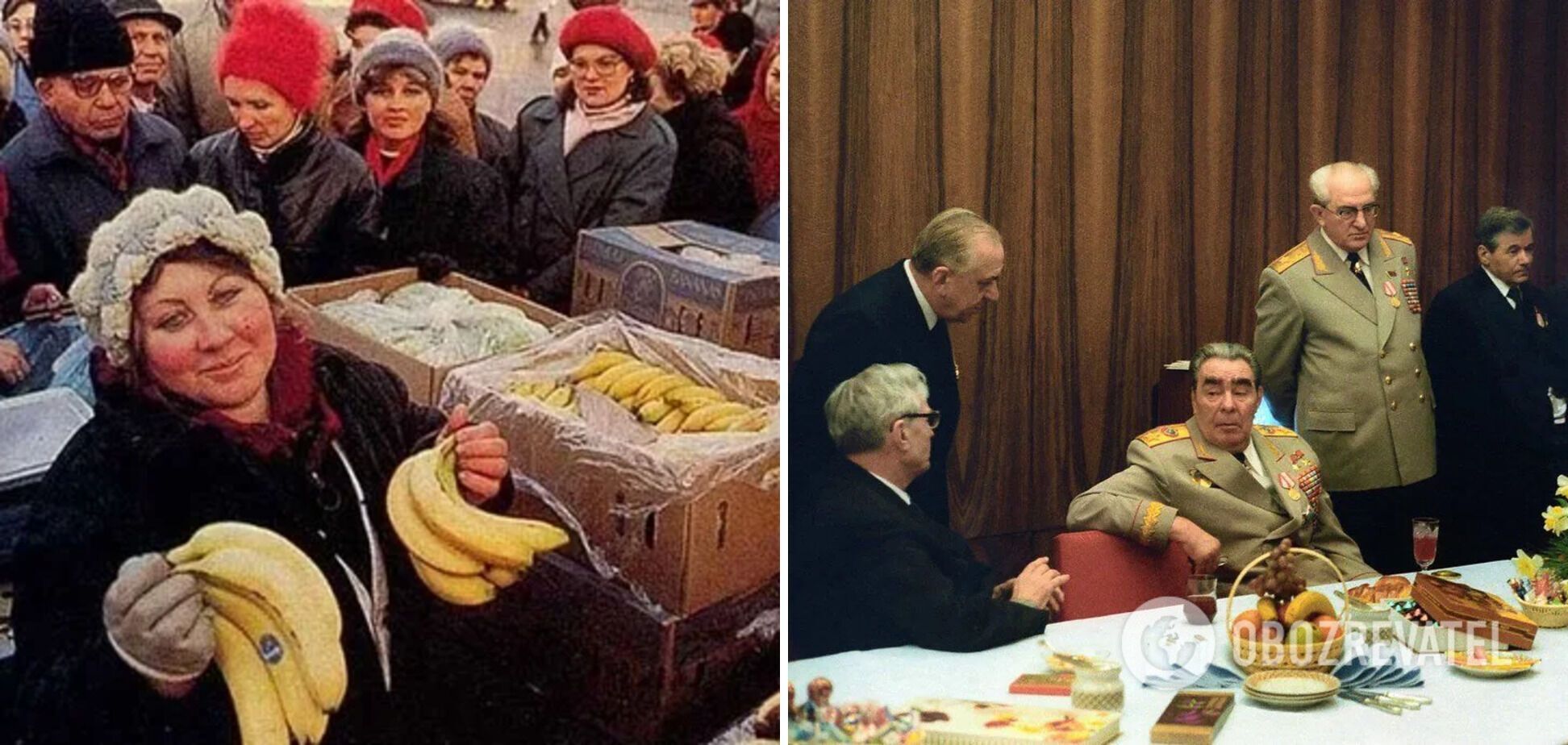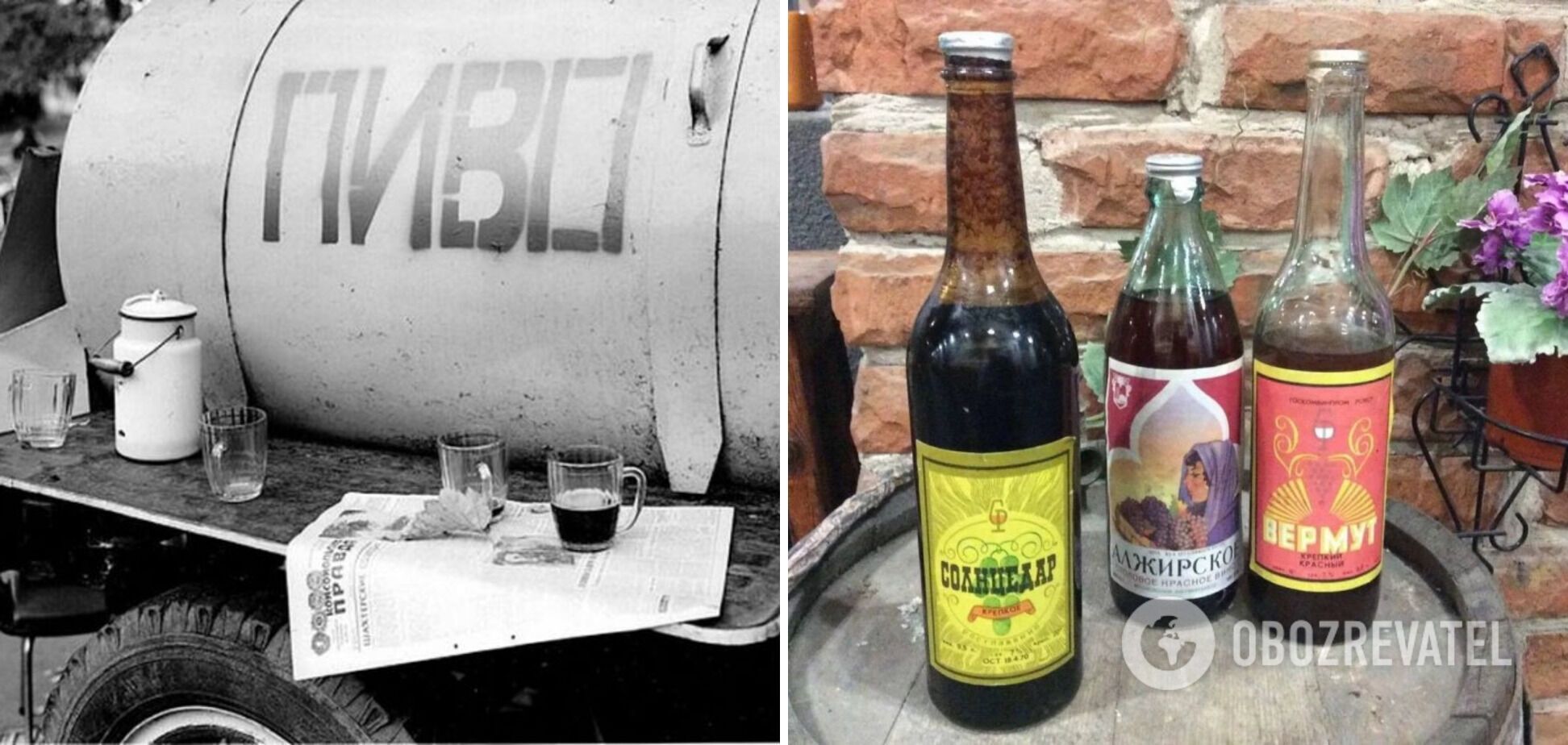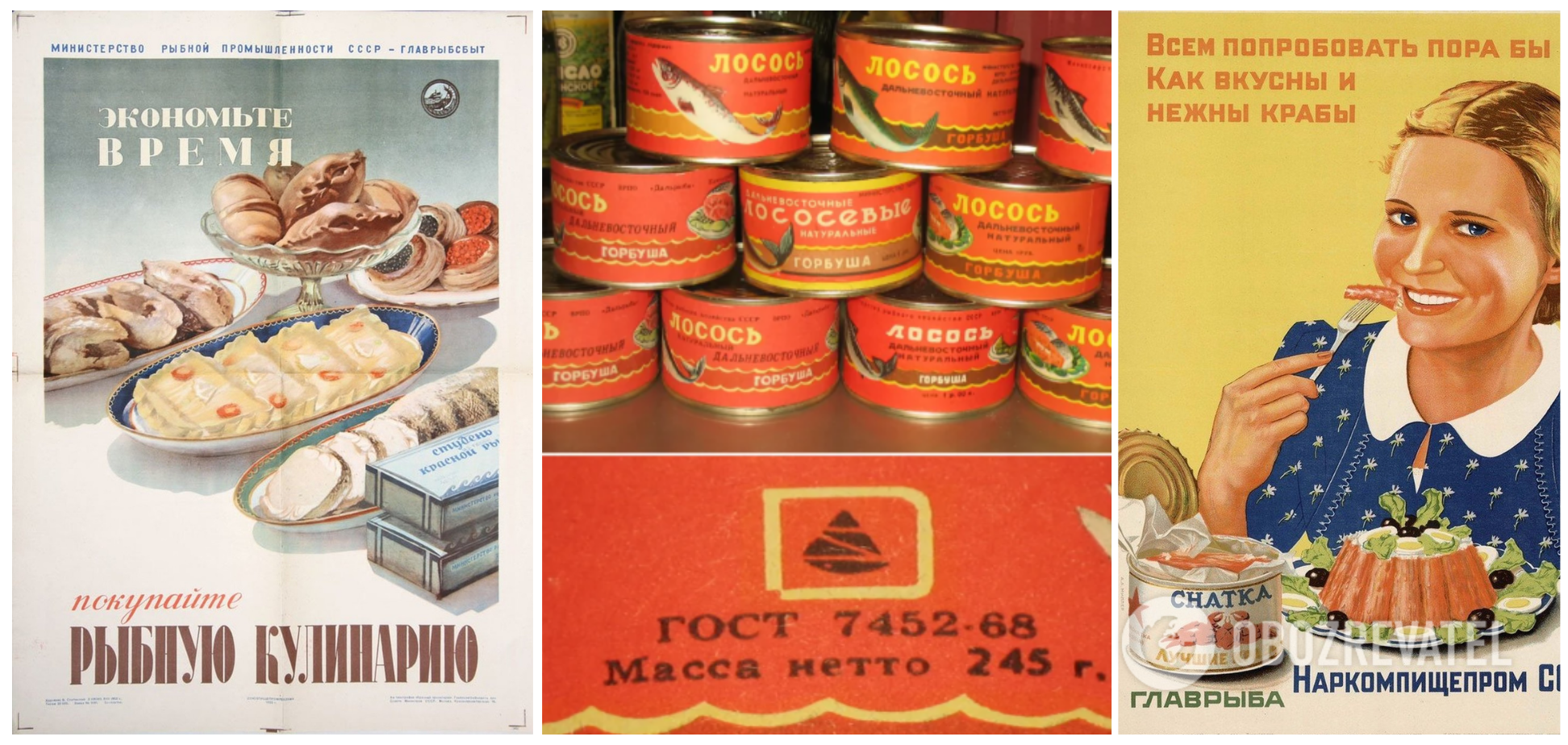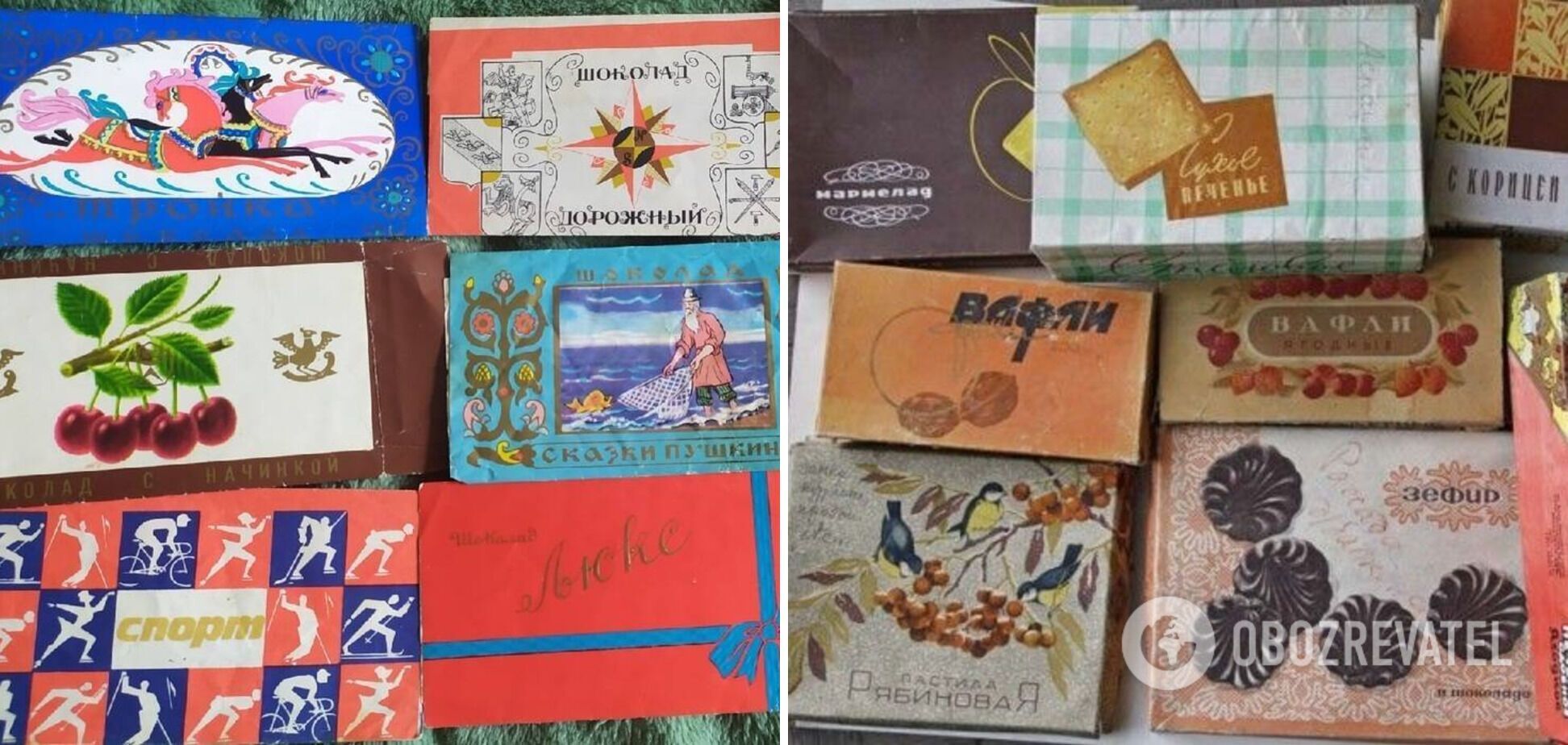LS Food
Top 7 products that didn't really exist in the USSR
A whole range of products that are commonplace for modern people did not actually exist in the USSR. Such products became available to ordinary citizens only after the collapse of the Soviet Union.
Blogger Maxim Mirovich told about food sets, which until the 90s could afford only representatives of the Soviet nomenclature. As he noted, "most Soviet people had never been abroad and did not even suspect how and what people eat there - believing in the fairy tales of Soviet propaganda."
Chocolate
According to Mirovich, there was normal chocolate in the union. Although in the 60s and 70s, with the right acquaintances, it was possible to find a decent product, but in the 80s chocolate became a real deficit. Therefore, quite quickly in the Union began to make its substitute.
"In Belarus, for example, it was called "sweet bar" - it contained almost no natural cocoa (the main useful product in chocolate), and had such a vanilla-paraffin flavor," the blogger noted.
Nevertheless, it was quite easy to identify a fake - putting a piece of the bar on your tongue, it did not start melting like natural chocolate, but remained a cool piece for a long time, which tasted like a mixture of plasticine and vanilla.
Normal cheese
Nominally, the Soviet Union produced cheese, but as Mirovich noted, it was of fairly low quality and bore little resemblance to a modern dairy product.
"It was difficult to call it cheese - the nostril mass called "Russian cheese" or "Poshekhonsky cheese" stank of unwashed portmanteaus and certainly did not arouse appetite," he emphasized.
In addition, "sausage cheese" was widespread, which was produced from a not quite understandable substance. But one of the most famous dairy products of the USSR was processed cheese. It was especially popular with drinkers.
Indeed, quality cheeses, such as Parmesan or Camembert, were available only to the Soviet nomenclature in special stores. Ordinary citizens could taste them only after the fall of the Iron Curtain.
Seafood
According to the blogger, seafood in the twentieth century was widely available in all developed countries. For example, frozen, and fresh seafood, as well as semi-finished products have long become commonplace, but in the USSR all this was not available.
"A paradox - especially considering how many seas washed over the Soviet Union. You could still eat something sea food in port cities like Vladivostok, while the rest of the country got some canned crabs at best," he said.
In addition, it was impossible to find shrimp on Soviet shelves, and in Ocean stores, besides herring, you could only buy chemical crab sticks and "sea cabbage".
Vegetables and fruits
Although Soviet propaganda did not stop talking about endless sown fields and lush gardens blooming all over the country, the situation with vegetables in the stores was bad.
As the blogger explains, you could only find "crumpled underground vegetables" and "rotten green onions" on the shelves. Stores stood half-empty because of the planned Soviet economy, which was not focused on meeting people's demands, but newspaper figures for propaganda.
"No one thought about how to bring goods to the consumer, how to organize normal storage and normal trade. As a result - all the efforts of Soviet agricultural labor rotted in vegetable depots," Mirovich emphasized.
If things were bad with vegetables, fruits in general were considered a curiosity on the table. Peaches, bananas, grapes and kiwi - all these were considered to be in short supply. You had to wait in line for hours to buy the most common bananas.
Many people who are nostolgic for the times of the USSR associate the New Year with tangerines, which were just "thrown" on sale for the winter holidays, although normal fruits and vegetables began to appear on holiday tables only after the collapse of the USSR.
Wine and beer
According to Mirovich, brewing traditions were destroyed in the USSR in the post-revolutionary years, so it was impossible to find good beer. The production of this drink was focused not on quality and taste, but on "satiating the appetites of the working masses".
Things were no better with wine; one of the most popular wine drinks of the Soviet times was cheap Solntsedar. In addition, the blogger emphasized, the inhabitants of the USSR lacked wine etiquette.
"If someone in the Soviet Union had said that wine should be drunk with food, gradually sipping from the glass - he would have been looked at as an idiot, the Soviet "wine" was usually drunk like vodka - drank in one gulp, then wrinkled, sniffed the crust of bread and snacked," he noted.
Although wines produced in Moldova and Georgia could be considered quite normal. But even they were inferior in quality to ordinary Spanish or French wines.
Semi-finished products
It is hard to believe, but in the USSR, even the most common semi-finished products were not produced. Frozen vegetables, instant cutlets and the like - all of this simply did not exist for Soviet citizens. The only thing you could still find was fish sticks, but they were in short supply.
However, according to Mirowicz, canned and frozen vegetables were still produced in socialist bloc countries such as Poland or Bulgaria. But it was in the USSR that even this was not available.
Coffee, sweets and normal canned goods
When the inhabitants of developed countries have long enjoyed gelatin candies, ate bars of white chocolate, brewed instant coffee and opened eggs "Kinder surprise" - Soviet people did not even guess about the existence of such things.
All kinds of crackers, whipped cream in cans, as well as unusual cookies and candies - all this became available only after the collapse of the USSR, Mirovich said.
Finally, he noted that the Soviet Union, despite the illusion of a superpower, the presence of a huge army and weapons, was quite a "gray country", and its citizens had a meager diet.







